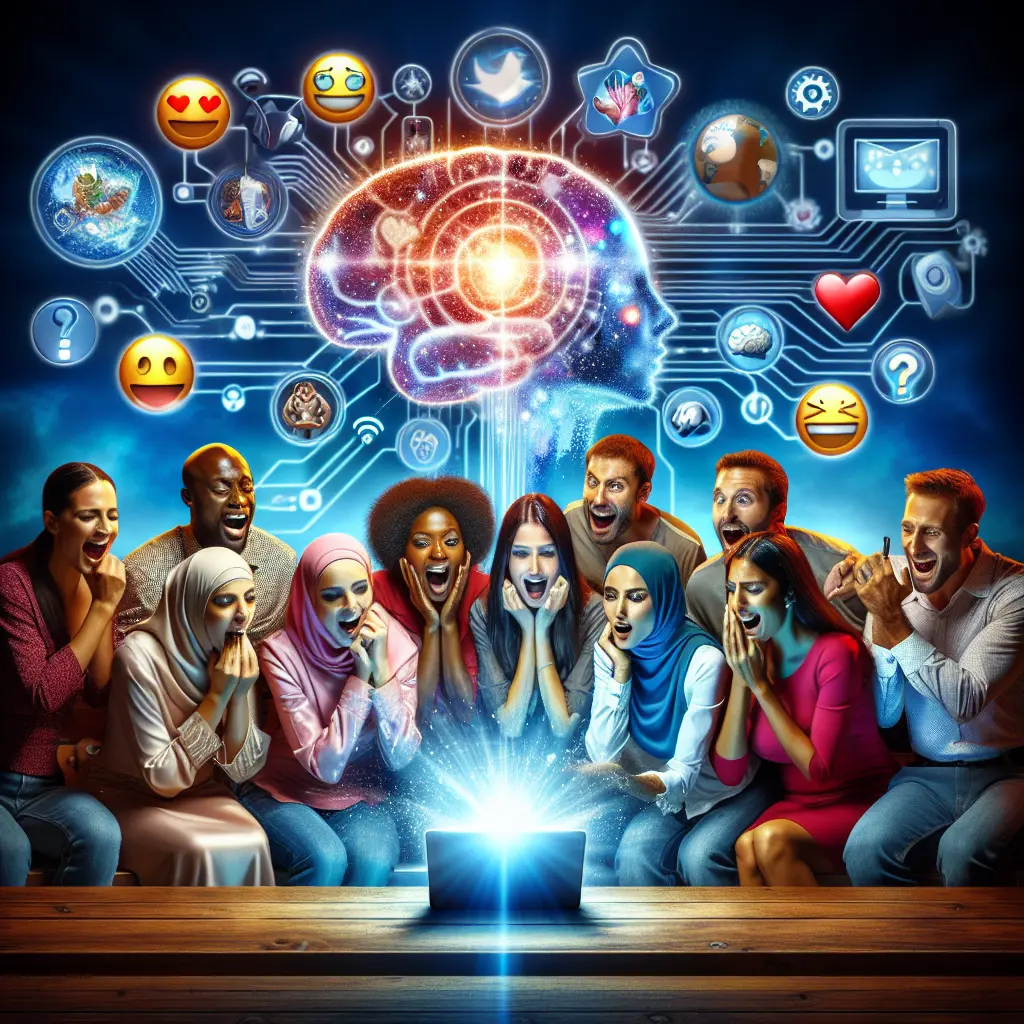
In the digital age, the impact of social media platforms like Facebook on our psychological well-being and social behaviors has become a topic of significant interest and concern. As we navigate through the intricacies of online interactions, understanding the psychological effects of Facebook is crucial. This exploration reveals both the subtle and overt ways this platform shapes our mental health, social habits, and even our political landscapes.
Psychological Effects of Facebook
Facebook, with its vast network connecting billions globally, is more than just a platform for sharing pictures and updates. It deeply influences users' mental health. Studies have indicated that excessive Facebook usage can lead to feelings of envy and decreased life satisfaction due to the inevitable comparisons with others’ curated lives (source: American Psychological Association). This phenomenon underscores the impact of Facebook on psychology, where the constant exposure to highlight reels can distort reality and stir feelings of inadequacy.
Facebook Social Behavior and Interaction
The way people interact on Facebook has also reshaped social norms. Social interaction on Facebook often includes liking, commenting, and sharing, which can strengthen relationships but also create superficial connections. The platform’s design encourages frequent engagement, leading users to develop a habit where the quantity of interactions often overshadows their quality. This shift in Facebook social behavior can lead to a decrease in face-to-face communications and a reliance on digital validation to boost self-esteem.
Impact of Recent News on Facebook Usage
Recent developments have further complicated the landscape of Facebook usage impact. For instance, Meta’s decision to lift restrictions on former President Trump’s accounts has sparked discussions about the role of social media in politics and public discourse (source: Bloomberg). Such actions raise questions about the power of Facebook in shaping political views and spreading information.
Moreover, instances like JD Vance’s college photo surfacing without significant backlash reflect a growing acceptance of online histories as the Facebook generation steps into more public roles (source: Politico). This shift could potentially alter the nature of public scrutiny and personal privacy expectations.
Mental Health and Facebook
The relationship between mental health and Facebook is complex. The platform can serve as a supportive community or a source of stress. Meta’s take down of Instagram and Facebook accounts linked to sextortion highlights the darker aspects of social media, where users can be subjected to manipulation and abuse (source: Reuters). These incidents play a significant role in influencing public perceptions and regulations concerning online safety and mental health preservation.
Facebook Addiction and Its Ramifications
Facebook addiction is another growing concern, characterized by compulsive use of the platform to the detriment of one's real-life interactions and responsibilities. The dopamine-driven feedback loops created by likes and comments can make Facebook usage highly addictive (source: Psychology Today). This addiction can lead to decreased productivity, disrupted sleep patterns, and strained relationships.
AI Influence and Ethical Considerations
Meta’s integration of AI across platforms like WhatsApp, Instagram, and Facebook also raises ethical questions (source: Wired). The use of AI can enhance user experience through personalized content but also risks amplifying biases and misinformation. The era dubbed as AI slop by critics highlights issues related to unchecked AI functionalities that may prioritize engagement over factual accuracy.
Utilizing Facebook for Positive Outcomes
Despite these challenges, there are ways to mitigate the negative psychological effects of Facebook. Platforms like Facebook Marketplace have emerged as a popular tool among Gen Z for buying and selling goods (source: The Verge), showcasing how Facebook can facilitate beneficial economic interactions. Moreover, learning how to use Meta AI responsibly can enhance user experience without compromising mental health.
Conclusion
The psychological effects of Facebook are profound and far-reaching, influencing everything from our self-esteem to our political views. As we continue to intertwine our lives with digital platforms, it is vital to foster awareness about these impacts. Users need to navigate Facebook with intentionality, aiming for balanced consumption and healthy engagement patterns.
Moving forward, it is crucial for platforms like Meta to prioritize user well-being over engagement metrics. As users, staying informed and critically engaging with these platforms can help mitigate adverse effects while maximizing the benefits social media can offer.
Remember, while platforms like Facebook have the power to connect us, they also have the potential to influence our psychological well-being significantly. Let's aim for a mindful approach to our social media behavior to ensure it enhances rather than detracts from our quality of life.
Authored by Clara Johnson
For further reading on the psychological impacts of social media, consider visiting reputable sources such as the American Psychological Association or journals like JAMA Psychiatry. Engaging with these resources can provide deeper insights and strategies for maintaining mental health in the digital age.